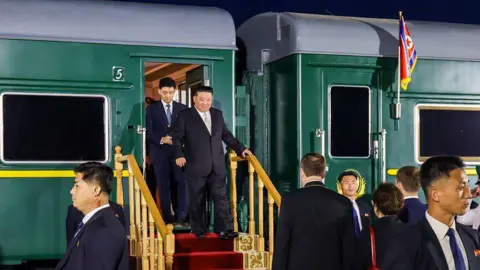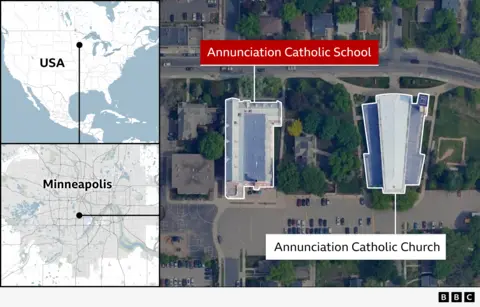The appointment of Fuzhou Auxiliary Bishop Joseph Lin Yuntuan marks a significant moment as Pope Leo XIV continues the Vatican's historic engagement with China, building on the foundations laid by his predecessor, Pope Francis. This decisive move signals the Pope's commitment to a 2018 agreement designed to foster improved relations and mutual respect between the Catholic Church and Chinese state authorities.
The Vatican announced that Lin's ministry has been officially "recognised" under Chinese law, symbolizing a step forward in the ongoing dialogue between the Holy See and Beijing. This accord has particularly drawn attention due to its delicate nature; while it allows for some state input on bishop appointments, the Church maintains that final decisions rest with the papacy.
Currently, the Catholic community in China, numbering around 10 million, faces a difficult choice between attending government-sanctioned churches or participating in underground congregations loyal to the Vatican. The Vatican's statement regarding Bishop Lin's appointment was met with positive remarks from Chinese foreign ministry spokesperson Lin Jian, who expressed that the agreement is being effectively implemented and that China is eager to further this collaboration.
Experts, like Michel Chambon from the Asia Research Institute, interpret the Pope’s latest action as a gesture of reconciliation, reflecting a desire to move away from hostility and towards cooperation. The historical tensions date back to 1951 when diplomatic ties between China and the Holy See were severed, resulting in significant challenges for the underground Catholic community, especially during the leadership of Mao Zedong.
The current agreement is seen as not only a diplomatic maneuver but also a crucial step in restoring credibility and stability to the Catholic Church in China, as both sides navigate the complexities of religious freedom and state oversight.
The Vatican announced that Lin's ministry has been officially "recognised" under Chinese law, symbolizing a step forward in the ongoing dialogue between the Holy See and Beijing. This accord has particularly drawn attention due to its delicate nature; while it allows for some state input on bishop appointments, the Church maintains that final decisions rest with the papacy.
Currently, the Catholic community in China, numbering around 10 million, faces a difficult choice between attending government-sanctioned churches or participating in underground congregations loyal to the Vatican. The Vatican's statement regarding Bishop Lin's appointment was met with positive remarks from Chinese foreign ministry spokesperson Lin Jian, who expressed that the agreement is being effectively implemented and that China is eager to further this collaboration.
Experts, like Michel Chambon from the Asia Research Institute, interpret the Pope’s latest action as a gesture of reconciliation, reflecting a desire to move away from hostility and towards cooperation. The historical tensions date back to 1951 when diplomatic ties between China and the Holy See were severed, resulting in significant challenges for the underground Catholic community, especially during the leadership of Mao Zedong.
The current agreement is seen as not only a diplomatic maneuver but also a crucial step in restoring credibility and stability to the Catholic Church in China, as both sides navigate the complexities of religious freedom and state oversight.



















